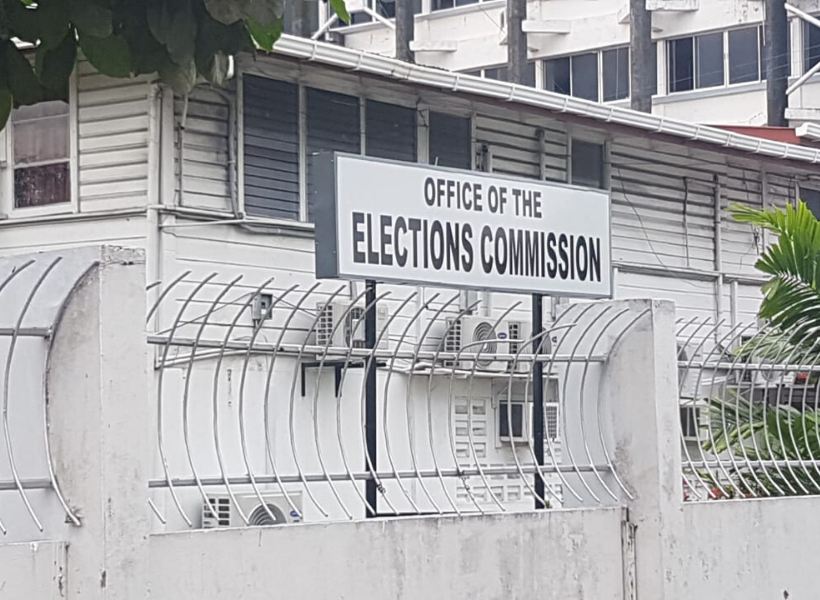The European Union Election Follow-up Mission (EU EFM) currently in Guyana has provided key details on the country’s progress in implementing key recommendations outlined in the final report of its 2020 Election Observer Mission (EOM). Out of the eight priority recommendations put forth, only two have been fully embraced by the Guyanese government, according to Javier Nart MEP, the Chief of Mission and Member of the European Parliament (MEP).
The mission held an engagement at the Pegasus Hotel this morning, where it sought to provide an update on its initial findings.
The Chief of Mission emphasized the significance of the two fully implemented priority recommendations, which have been incorporated into the Representation of the People (Amendment) Act 2022. These provisions he said, now establish unequivocal written procedures for the tabulation of election results, thereby bolstering transparency through the robust publication of Statements of Polls.
Nonetheless, the Chief of Mission was keen to underscore that the implementation of the remaining six priority recommendations, proposed by the EU EOM, would undeniably enhance the efficacy, transparency, and integrity of the electoral process.
In 2020, the European Union Election Observation Mission (EUEOM) dispatched a team to observe the March 2 elections, which regrettably experienced an extensive five-month delay due to attempted rigging by the APNU+AFC coalition. Subsequently, in March 2021, the EUEOM submitted a final report outlining its findings, accompanied by 26 comprehensive recommendations. Recently, Guyana Standard reported the local opposition urging the government to promptly act upon the recommendations proposed by the mission currently assessing the progress made on electoral reforms in Guyana.
The opposition drew particular attention to various recommendations outlined in the report, such as the mandatory publication of all decisions, regulatory instruments, and instructions issued by GECOM. Furthermore, they advocated for the prohibition of utilizing state resources for political campaigning and the establishment of a comprehensive election dispute resolution system to ensure effective and timely remedies throughout all stages of the electoral process. Additionally, the opposition had underscored the need for a clean voter list and the incorporation of biometrics in the voting process, expressing skepticism about the ability of the current photo identification and verification process to mitigate the risks associated with an inflated voters’ list.
The mission announced today that it intends to publish a final report within one month. This report will outline the extent to which the EU EOM recommendations have been addressed, providing a detailed analysis of the existing arrangements for elections in Guyana.
Additionally, the Chief of Mission has articulated the critical importance of electoral reform in rebuilding confidence in the administration of general elections, noting that the EU delegation remains committed to supporting continued democracy and good governance in Guyana, offering its assistance to stakeholders in their endeavors to promote such reform.













